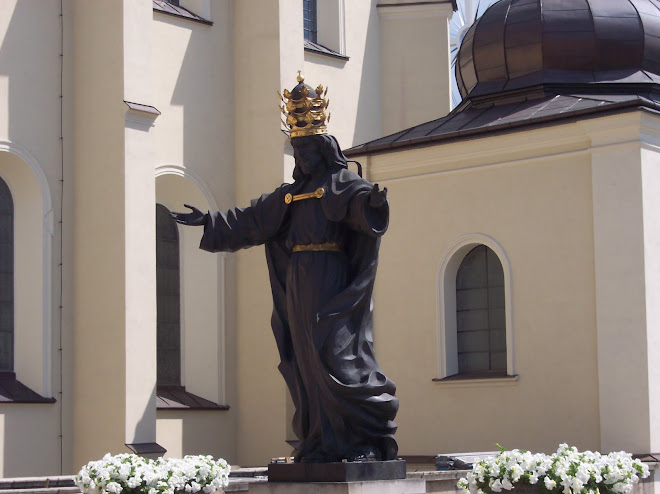PHILIPPINES: Saint Michael Prayer approved by Bishops Conference after all Masses
St. Michael the Archangel, defend us in battle, be our defense against the wickedness and snares of the devil; may God rebuke him we humbly pray. And do thou, O Prince of the Heavenly hosts, by the power of God, cast into hell Satan and all the other evil spirits who prowl upon the earth for the ruin of souls. Amen.





































